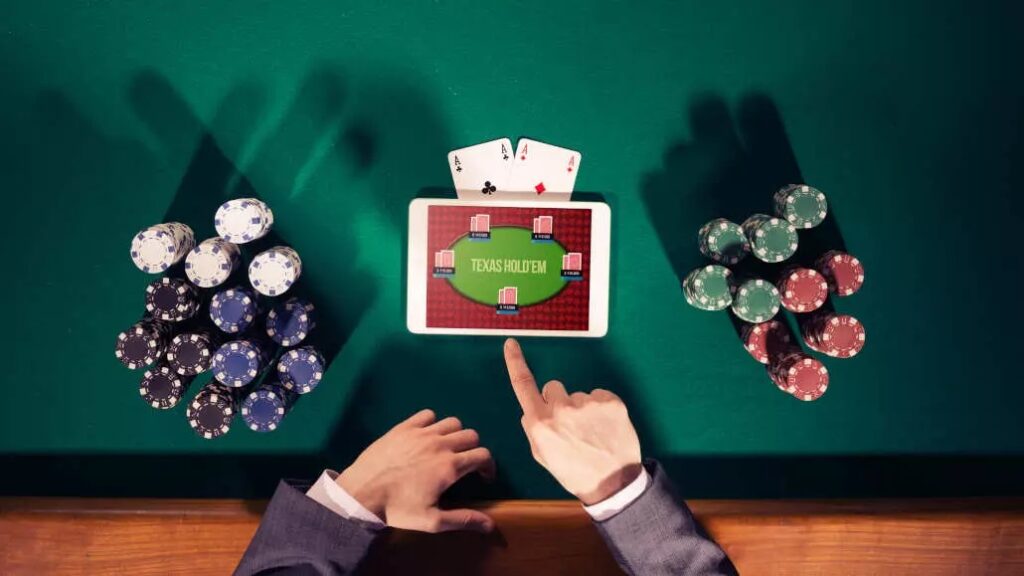How gambling RNGs work – Understanding random number generators

The random results that determine whether you win or lose at video poker, slots, and other games are generated in what way? Random number generators (RNGs) are complex algorithms that ensure game outcomes are truly random and fair. There are two main methods for generating randomness in computing – true random number generation and pseudorandom number generation.
- True RNGs derive randomness from hard-to-predict physical sources like radiation decay times or atmospheric noise.
- Pseudorandom number generators use mathematical formulas to generate seemingly random results from an initial starting number or seed value.
Pseudorandom is common in gambling because the sequences reproduce reliably. It allows regulators and gambling operators to audit results for fairness. The output appears statistically random despite being generated by a deterministic algorithm. Gambling regulators provide strict standards these formulas must adhere to.
Seeding the RNG
The ทางเข้า W88 seed that initializes a pseudorandom number generator is critical to ensuring variability in the output. Many seeds come from elements like the current time down to the millisecond, a machine’s internal tick counter, a hashed combination of recent game results, or other sources of entropy. This seed gets plugged into the algorithm to spawn the raw output. Even tiny differences in seed values lead to vastly different output sequences.
Scaling and mapping output
The raw output from an RNG algorithm is a sequence of numbers that appear random but are not necessarily usable directly in a gambling context. The scale and distribution of raw outputs may not match the possible outcomes in a particular game. So, the raw RNG output goes through additional scaling and mapping to fit the possible results. For example, a slots RNG may output numbers between 1 and 100,000,000, evenly distributed. But the game may have just 20 potential symbols each with different odds. So, post-processing maps ranges of raw RNG output to the actual symbols in proportion to their relative odds of occurring.
RNGs in live casino games
RNGs are used in live table games plus online gambling and slots. For example, roulette wheels have internal RNGs that determine where the ball lands each spin. Card shuffling machines use RNGs to sort decks randomly. And dice tables contain RNGs behind the scenes to ensure fair dice rolls. Live dealers or croupiers have no influence, RNGs guarantee randomness in these live table games. All computerized slot machines, whether online or land-based, rely on RNGs to determine spins. Online and mobile slots simply access server-side RNGs over the internet versus having them built into cabinets. Both use approved RNG algorithms and seeds to ensure fair spins. The main difference is online slot RNGs allow much faster spin rates and don’t require physical reels.
Testing and certifying RNGs
Reputable gambling regulators subject RNGs to extensive testing to verify they output truly random results as intended. Testing may involve statistical analysis, hacking simulations, auditing source code, and other checks. Operators must submit their RNG systems for recurring certification to confirm randomness is upheld over time. Violations bring heavy penalties. Reputable gambling sites explain their testing and certification. Some even display the current seed values or hash signatures of recent game outcomes. While players don’t need to understand internals, transparency around their use builds necessary trust.



